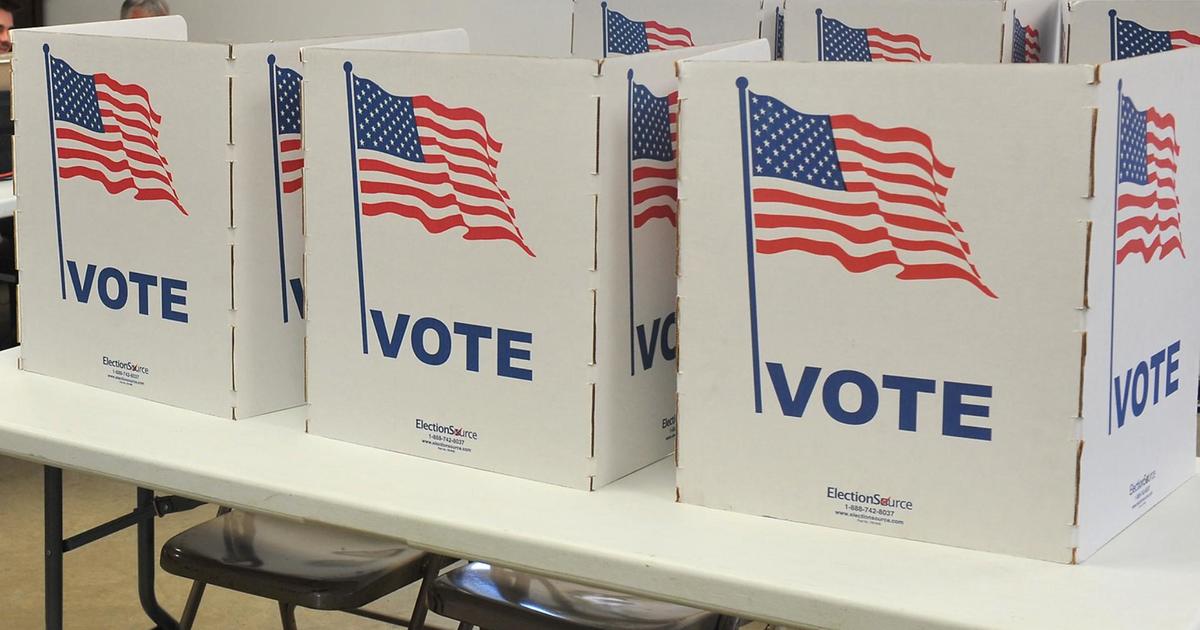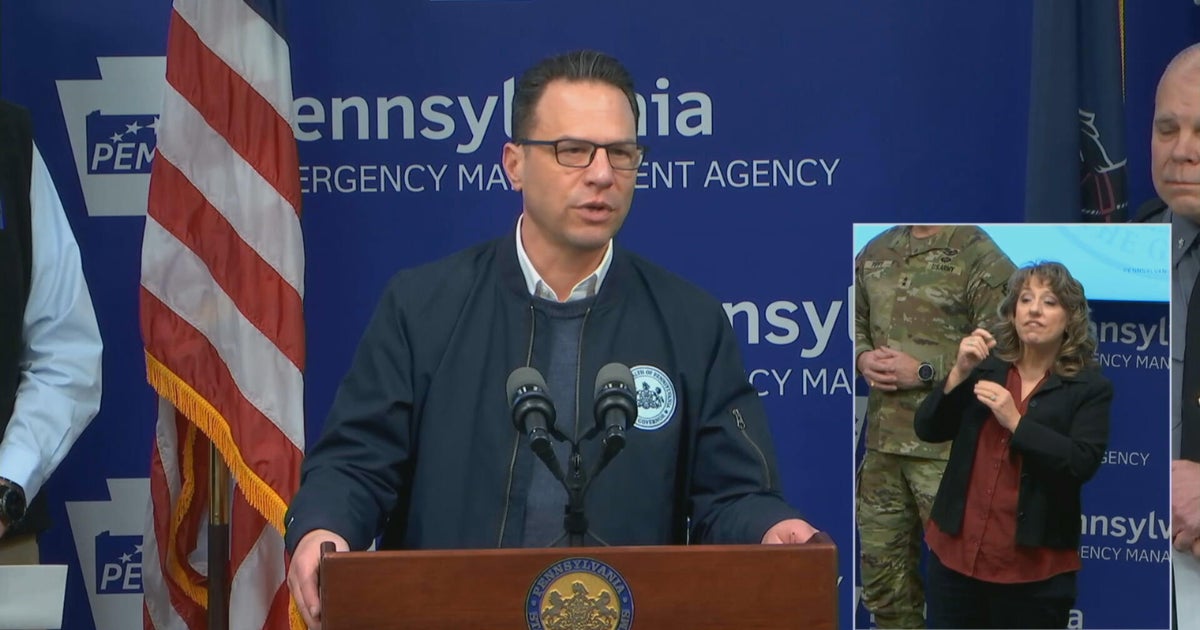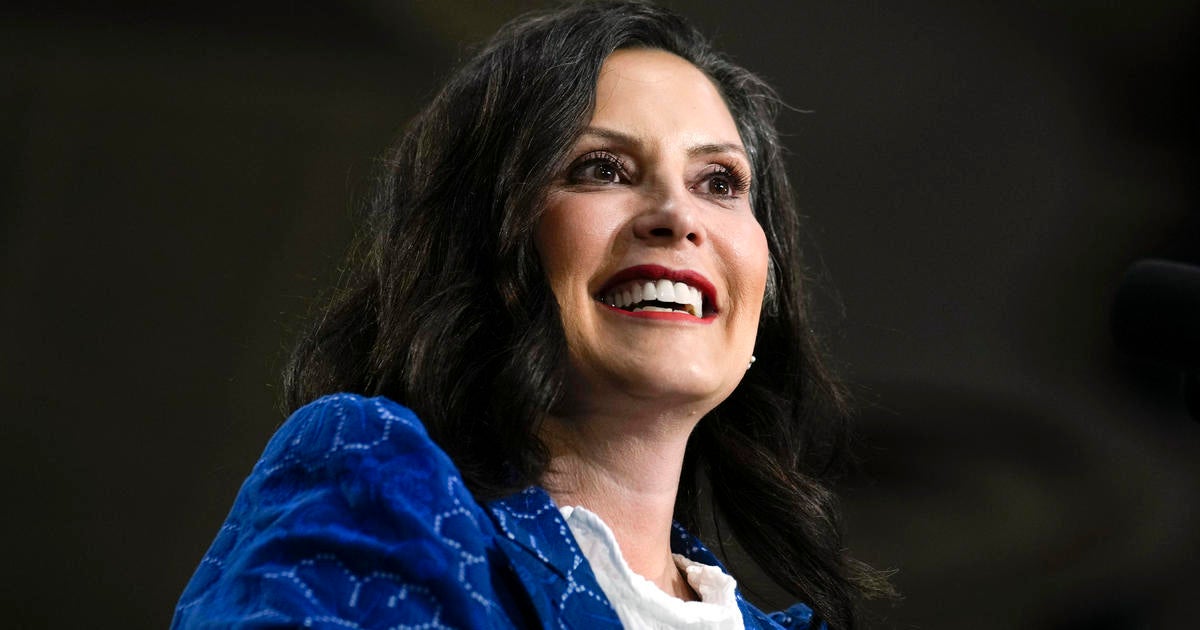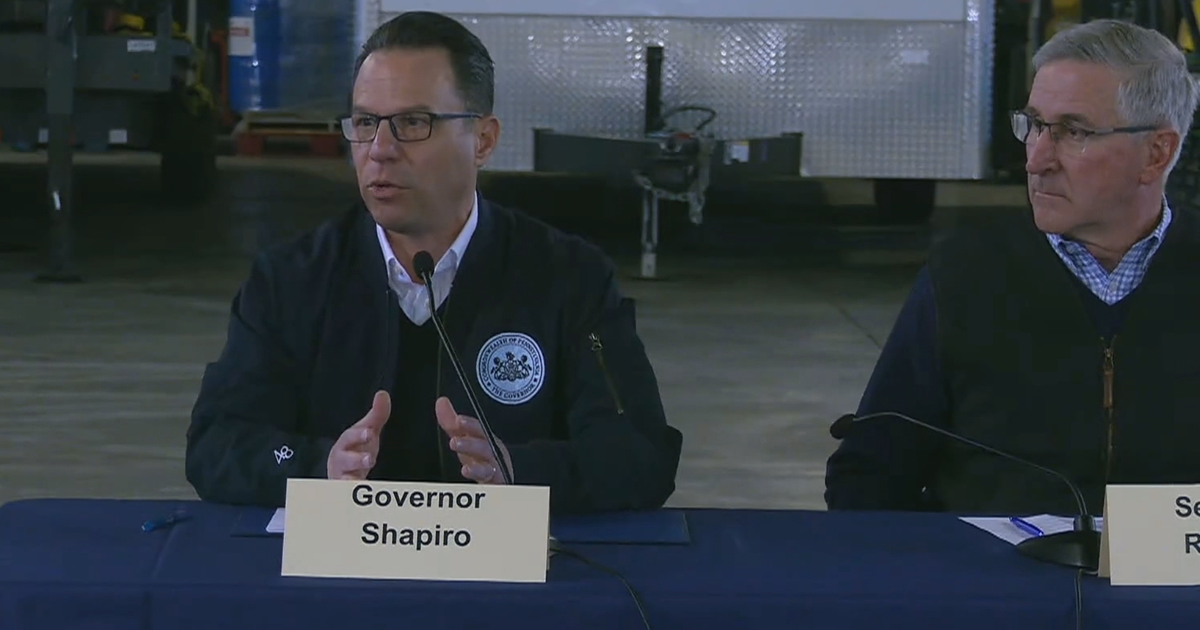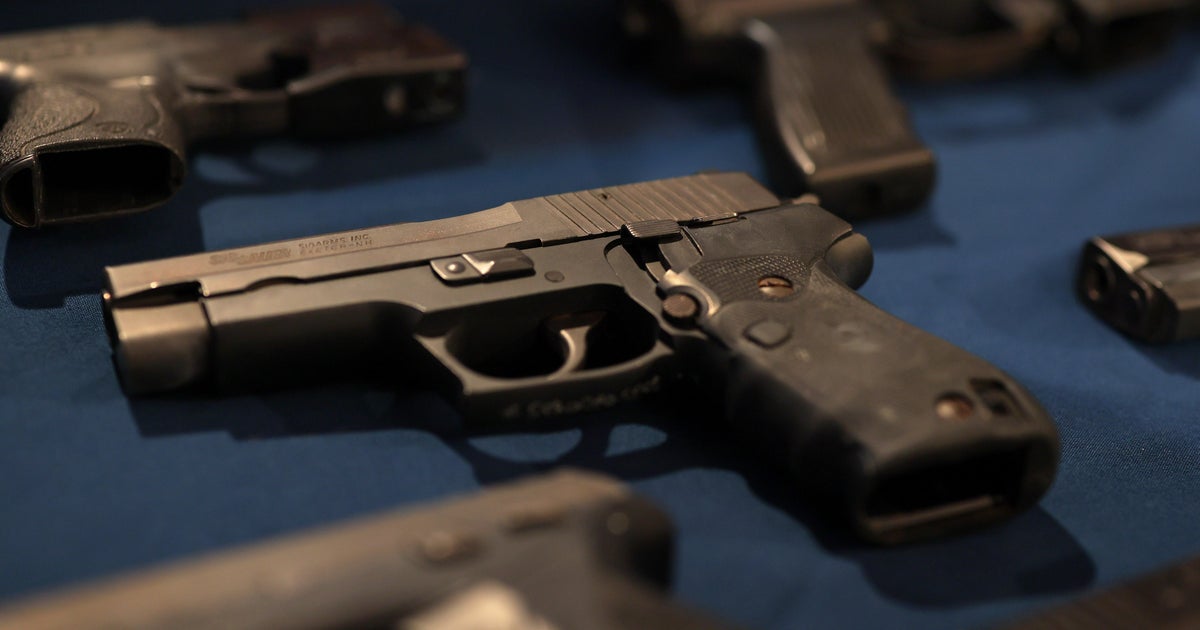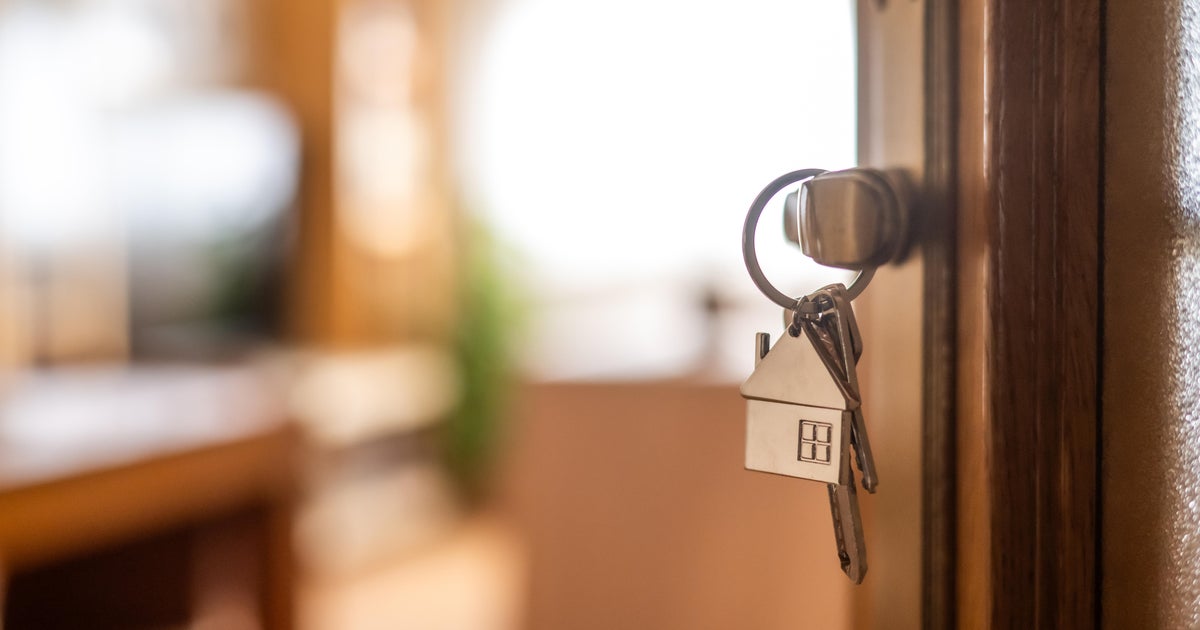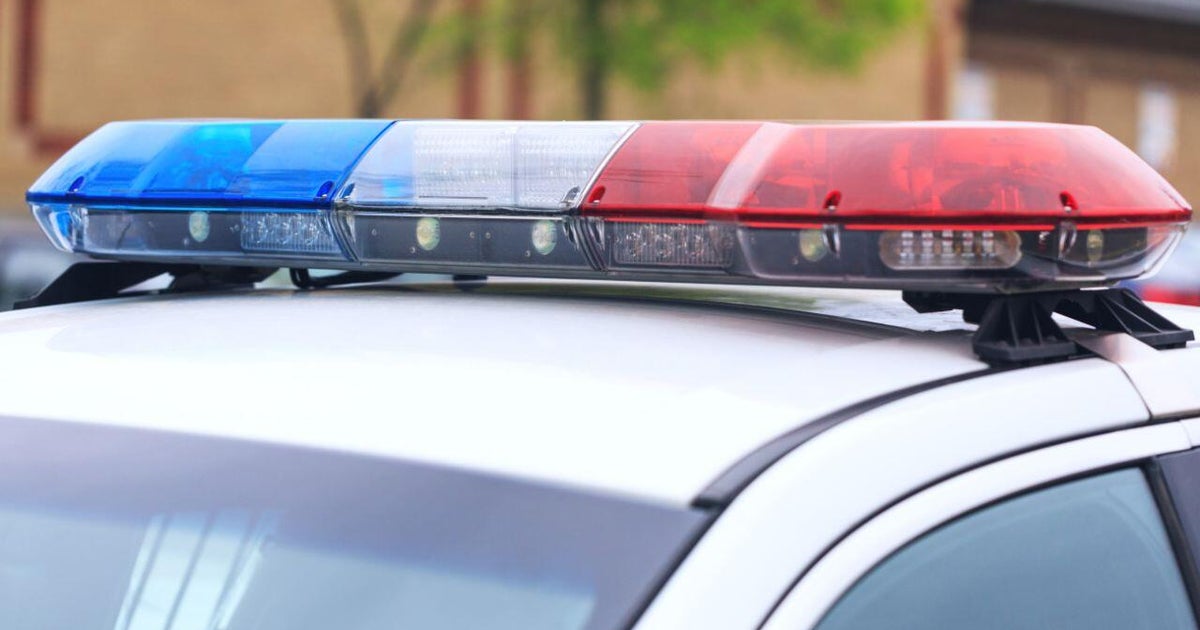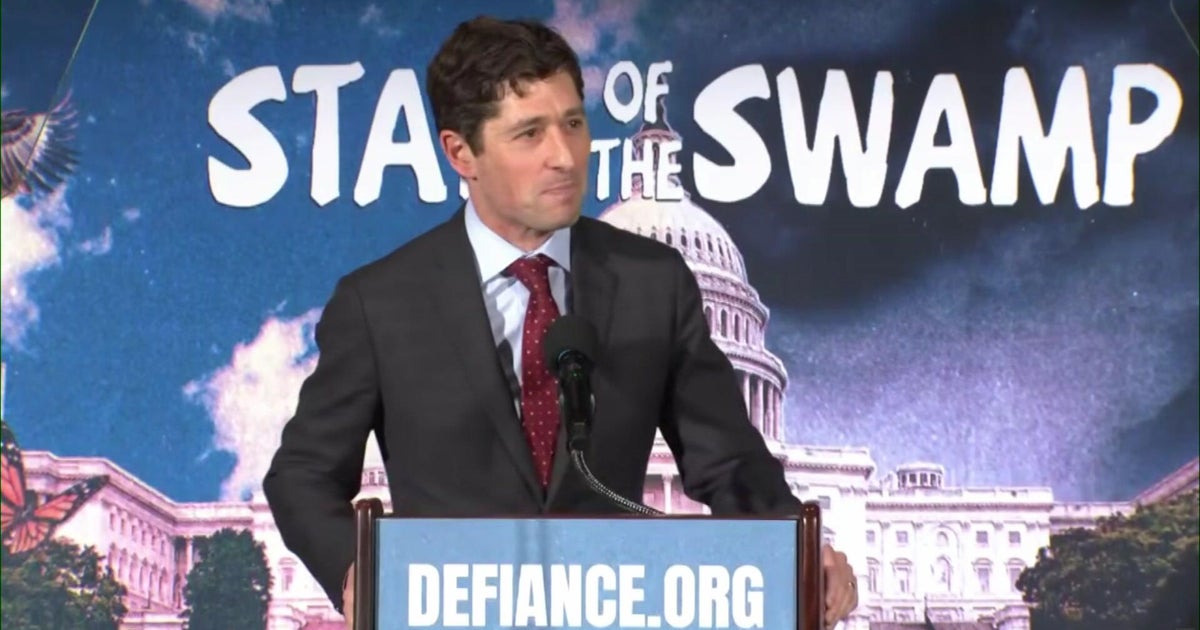Gov. Josh Shapiro hails $47.6 billion state budget, citing benefits for citizens
PITTSBURGH (KDKA) — With passage two weeks overdue by the state Legislature, Governor Josh Shapiro signed a nearly $48 billion budget for the commonwealth on Thursday night.
First the good news. No increase in the state's income tax or the sales tax. But it is a record spend of $47.6 billion, up 6 percent over last year. Appearing on KDKA-TV's Sunday Business Page, Shapiro hailed Democratic and Republican lawmakers working together in Harrisburg.
"In these hyper-polarized times, we proved that right here in Pennsylvania we could come together, bring people together around common sense solutions to pass a great budget for Pennsylvania. A budget that cuts taxes, invests in public education, invests in public safety, invests in economic development," said Shapiro, a Democrat.
This budget continues the governor's pledge to cut business taxes, along with tax credits for senior citizens, child care and interest on student loans.
"This is building on the historic tax cuts we passed last year for our seniors and kids in child care," Shapiro said. "We managed to make both critical investments and cut taxes at the same time. Look, that's what the people of Western Pennsylvania want us to do."
Much of the increase in spending is directed toward public schools: $1.1 billion for education, including about $526 million to correct court-identified inequities among the school districts.
"Pittsburgh school district is going to see about a $9 million increase year over year," Shapiro said. "That's a big deal."
For the second year in a row, the governor got extra money to hire 400 additional state troopers and increase resources for municipal police, a public safety priority of his. Also in the budget is a provision that school districts have someone trained in firearm safety, although districts are free to decide whether that person carries a firearm in school.
"We think school resource officers can be really helpful to students and schools all across Pennsylvania," Shapiro said. "Obviously, that's a decision that is ultimately made by the local principal, superintendents, and other leaders in the community. I've seen it work in school districts across Pennsylvania."
To promote economic development, Shapiro got some, but not all, of what he wanted to create: shovel-ready industrial sites to attract new businesses to the state.
"Pennsylvania is open for business," Shapiro said. "For the first time in 20 years, we have an economic development strategy."
The governor did not get everything he wanted. For example, no action on his plan for school vouchers to help parents in non-performing public school districts pay for private schools and no action yet on his desire to legalize and tax recreational marijuana.
